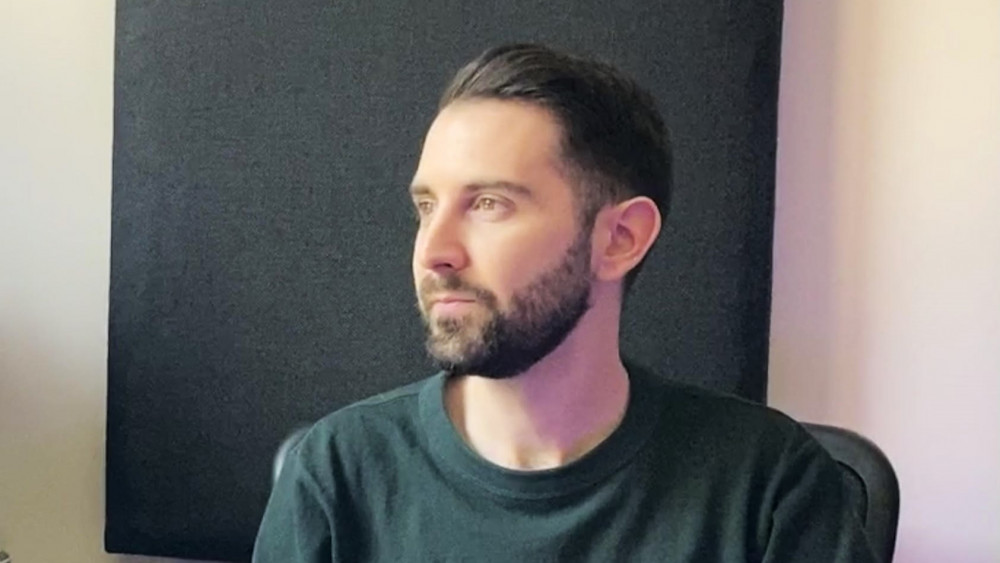
With over 10 years of expertise, Ryan Curtis—a multi-platinum and award-winning songwriter from Scotland, UK who currently lives in Los Angeles, US—has seen tremendous success with his K-Pop hits over the previous few years, notably in 2023, when his music sold over 9 million physical sales.
Ryan’s K-Pop discography includes hit tracks such as ENHYPEN’s “Bills” and “Orange Flower,” IVE’s “Payback,” NCT Dream’s “Take My Breathe,” and his latest releases, CRAVITY’s “Love or Die” and “C’est La Vie.” Working on such tracks, allkpop recently sat down with Ryan to dive deep into how he got into the K-Pop industry and his advice to musicians out there.
allkpop: I know it's hard, but tell us your personal favorite work. What is something that you'll always be proud of for the rest of your life as a songwriter?
Ryan: My favorite work by far is my song “Bills” with ENHYPEN because the song demo was just one of my all-time favorite songs for the longest. I’m most proud about seeing them sing “Bills” in Los Angeles live. I listened and watched 25,000 people sing my song, singing every word. It was a crazy moment. I'm so proud of ENHYPEN, the label, my co-writers, and my team for this experience. It was insane!
allkpop: Tell us the origin and backstory of how you got where you are right now. Where and how did it all happen?
Ryan: It’s a long story, but to put it shortly, I started music when I was like 16 or 17 years old, playing around on GarageBand and making sounds and songs. Thank God nobody will ever hear those (laughs), but hey, it’s part of the learning process. I was always a whiz kid at networking, so I was always DM-ing songwriters, artists, and producers on Twitter (X), Instagram, Facebook, etc. until somebody answered me. After a few years, I mustered up the confidence to meet people in London and do music, met a manager for a short while and this whole experience alone sparked my interest to dive LA. It gave me the belief like, “Wow, these people think I’m good at this early stage, let me try my luck over in LA.” It helped spark the motivation to really take it seriously.
I saved up a lot of money, worked in between, and would go to LA for a month or so at a time to meet and connect with writers that I had hit up online. I made so many amazing relationships this way! Fast forward, 2 publishing deals, 1000s of sessions, 1000s of very okay songs, 100s of no’s, lots of broken times, lots of lessons, and now, we’re 10 years later having the best time! With still mountains to climb, I might say. I truly believe in the 10,000-hour rule, and I feel like I’m finally at that point in my career. I’ve put in the time and hours and networking and I’m making some of the best music of my life. I’m so proud of all of these new songs, especially the last 2 years. It’s been an incredible time.
Now we’re out here in 2023 alone, almost selling 9 million copies worldwide, winning awards, writing with amazing US artists, charting on Billboard, getting No.1’s, and so much more. It’s been insane. It’s go time. I’ve never been busier and I’m so blessed to be in this position, but at the same time, thankful for my work ethic and drive.
allkpop: There are a lot of genres in the music world, and K-pop is one of those that is currently taking storm. What's something you find so fascinating in K-pop music that it has come to a point where it dominates the global markets despite the language barrier?
Ryan: What I find fascinating about K-Pop is the way it’s evolving and finally being heard in the global market. The reason why I had so much success last year is because the sound is making waves and the labels want songs that can appeal to a global market. I always hear people talk about how K-Pop is following the same trend lines and popularity as Latin music. It all comes down to great songs though, great melodies, production, and talent. I’ll talk about this a bit later, but for me melody is king, and it translates globally no matter what lyric the language is in.
allkpop: Could you walk us through how you usually work on K-pop tracks? What comes first, the melody or the idea/lyrics? I've interviewed K-pop idols who take part in the creative process and some of them said that it depends.
Ryan: For me, melody first. Always. I usually write fully produced tracks from my producer friends then build melody all around that, and once I have the best melody possible, I’ll get lyrics down and record it all properly. Sometimes, I do it all myself. Sometimes, I’ll work with a co-writer. On a lot of my songs, the artists are credited, but it’s never in person that we worked, unfortunately. It’ll be after the fact that they’ll work on some lyrics or some melody tweaks for their parts. Maybe in the future, I’ll work more directly with them!
allkpop: Do you choose K-pop acts to write songs for, or do you just submit some of your songs, and then someone will work on which artist they think best fits a certain song? Do you write songs with this K-pop group in mind?
Ryan: So for this, I’m a firm believer in just writing what you love and what you think is really good. We always get sent briefs and references from labels and managers, but at the end of the day, I’ve found that just creating what I think is cool has shown me the best success over the last few years. ENHYPEN “Bills” was just a song I thought was dope. “Orange Flower” is another song that gave me a Post Malone vibe that I thought was dope. All of these cuts have been songs I’ve listened to on repeat because I genuinely love them and the process they were made.
The only song I’ve written for an artist specifically and it got placed with them was IVE. I wrote “Payback” with Maddie Duke and Willie Weeks. We specifically made it for IVE, and we knew the team very well. We sent it, and one week later, it was already cut and confirmed for the project. It was our fastest cut to date, and Starship Entertainment fell in love with it.
Other than that, I like to create what I think is dope at the time. Music is always evolving and sure, you can be asked to create certain vibes, but I really don’t like being put in a box. I like to create whatever the day feels like and then if it works for an artist, that’s cool. If not, that’s cool too. I still loved making it. The freedom to create is where the magic begins.
allkpop: What is it like working in the K-pop industry? Do you get to actually work with the artists themselves where they dive into the discussion with the group of songwriters and producers to convey what they want, the vision they want for a particular release? Have you encountered artists who really are eager to participate in the process?
Ryan: I love working in K-Pop. It’s a great industry and has so many talented people. The extent to which we work together with the artist is them usually making a couple of edits on the songs and adding their flare to them when they record it, which is awesome! I do sometimes wish we could collaborate in the room with them. I'm sure at some point that will be more popular.
I’ve been really lucky, out of the 9 million sales in 2023, none of those songs required any edits. The label trusted my process every time and kept everything me and my collaborators did. From my friends in music, this is meant to be pretty hard to come by, so I’m thankful we hit the songs on the head each time.
allkpop: What's one piece of advice you would like to relay to those, especially younger people, who want to write for K-pop groups and get their name out there in the credits/track list?
Ryan: As I said earlier, don’t chase the labels or artists, and take the briefs with a pinch of salt. Make what you think is cool and roll with that. Don’t try to sound K-Pop. Just sound like you. That will get you way more attention from labels and A&Rs than anything.
Collaboration is also a huge part of my success, really dive in deep and find your people. Build those relationships and grow together. I would be nowhere if it weren't for my publisher, co-writers, producers, labels, and friends. You don’t have to live in LA, but at least take trips to a good songwriting city once in a while, and network with like-minded people.
Lastly, I’d say, this career path takes so much time and dedication. As cliche as it sounds, if it really is your passion, don’t give up. Figure out how to show up and stick around because that’s half the battle. I’ve seen too many talented people give up because they didn’t figure out how to stick around through the down period. Combine the talent with the business, and you have yourself a promising career. I’m about 10 years in, and I still have so much room to grow and mountains to climb. In my eyes I am only getting started, I’ve hit my 10,000 hours, and now, it’s go time.
 SHARE
SHARE
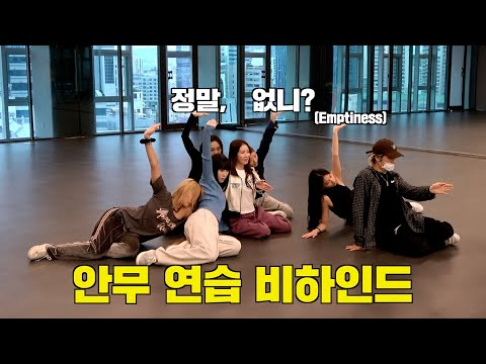
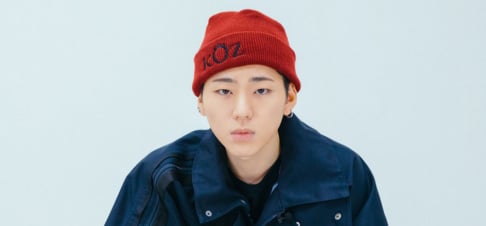
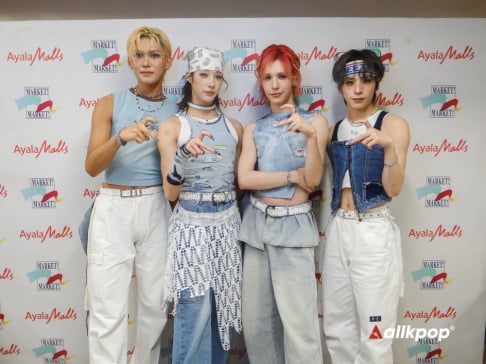
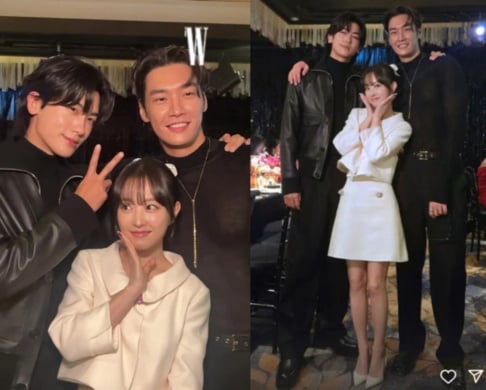

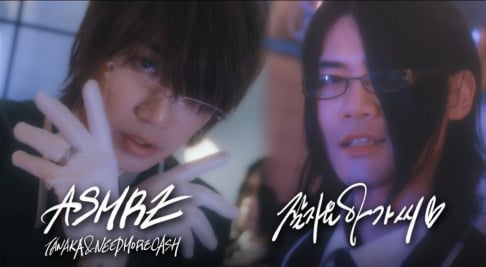
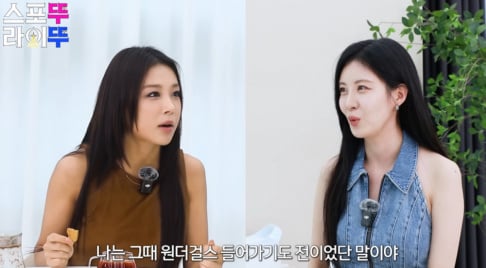
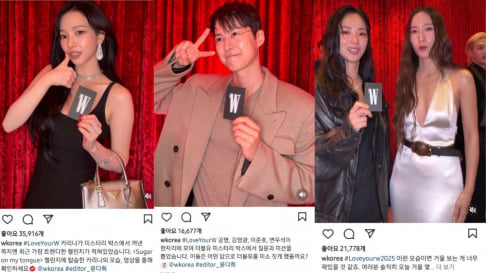
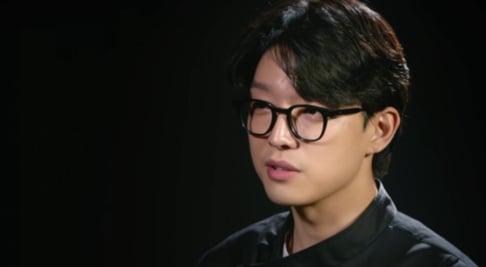
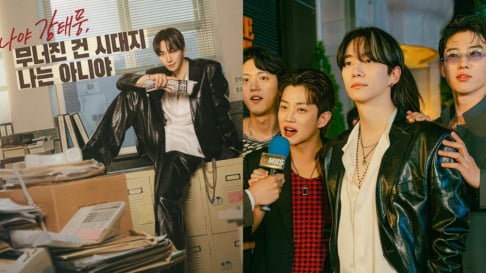
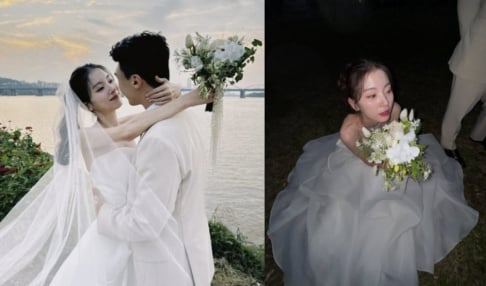
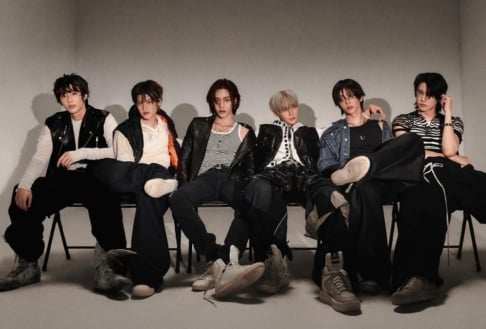
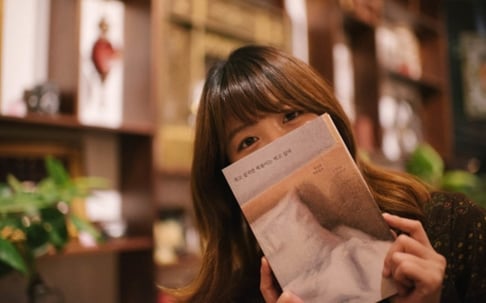
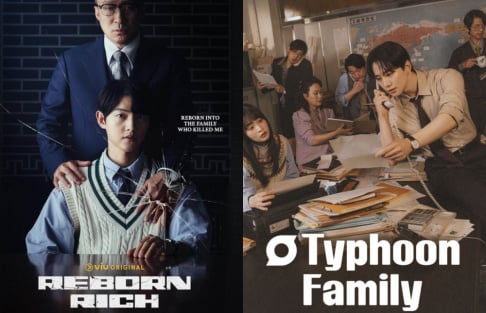
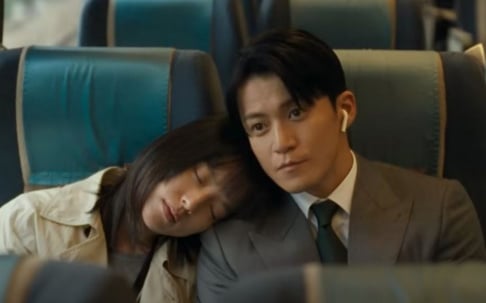
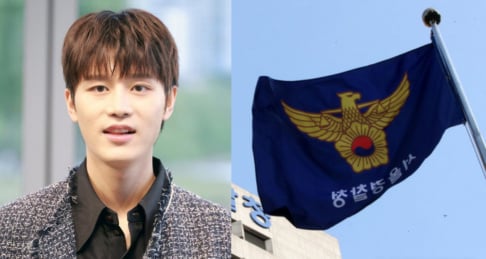
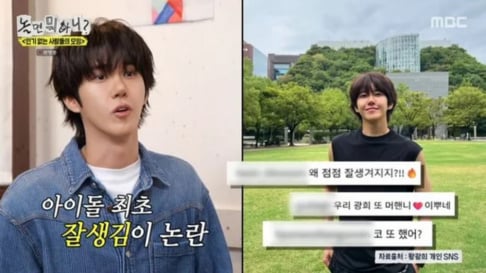
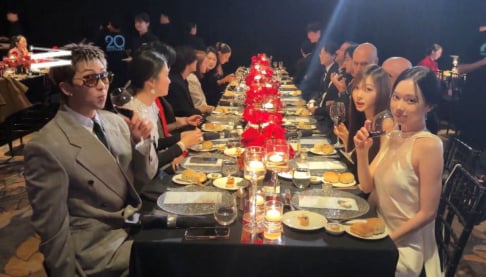
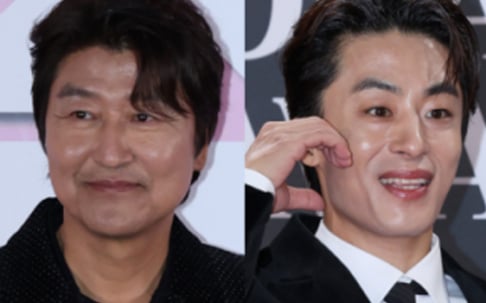
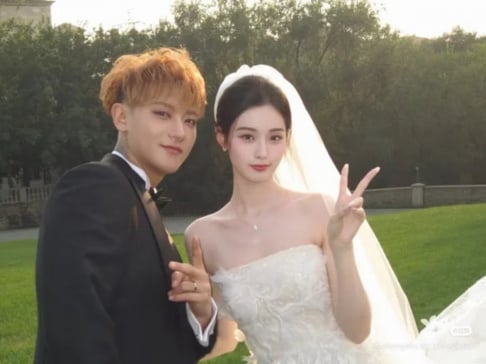
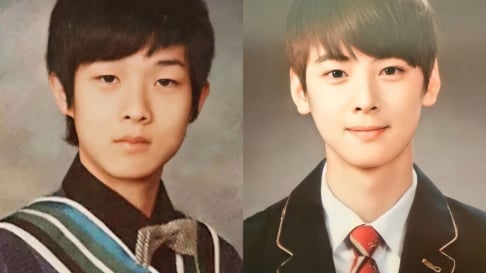
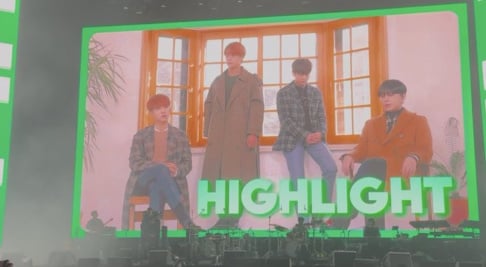
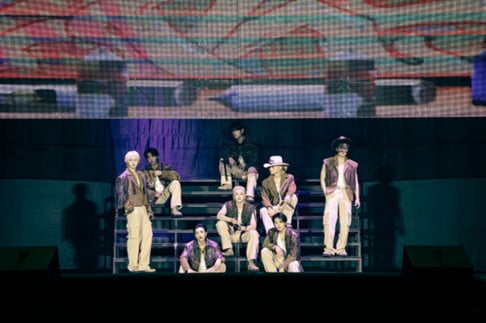
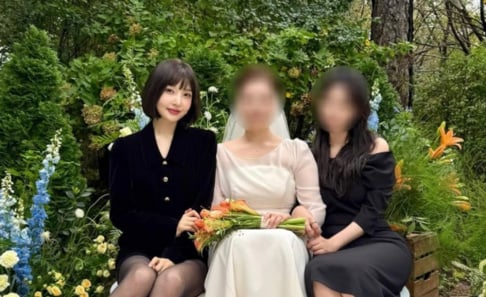

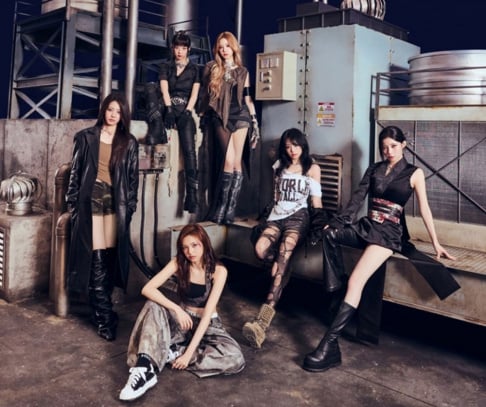
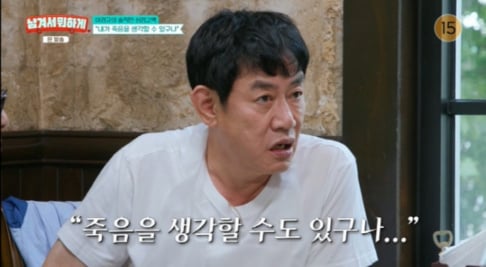
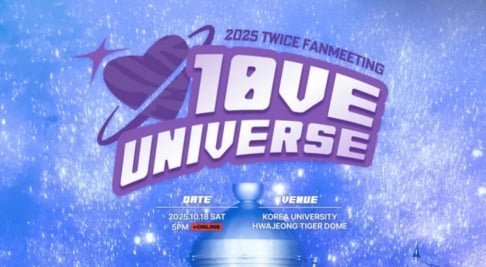
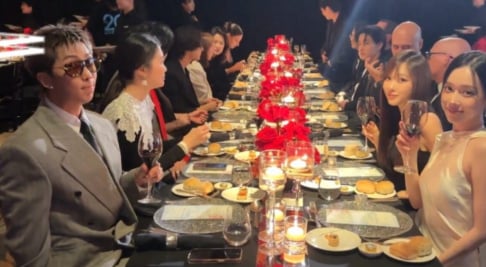


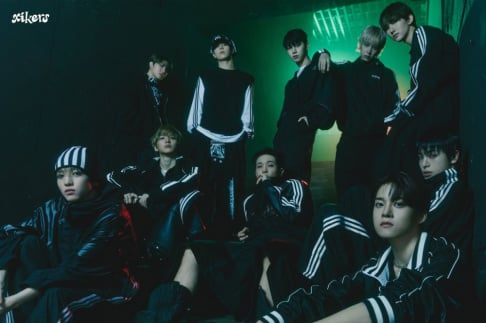
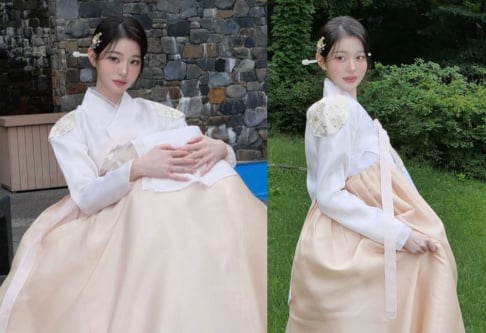
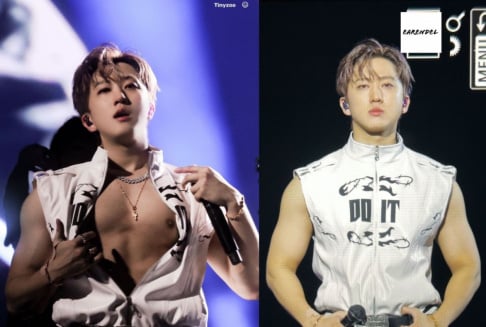
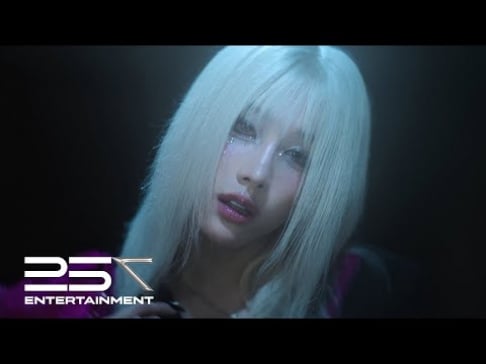
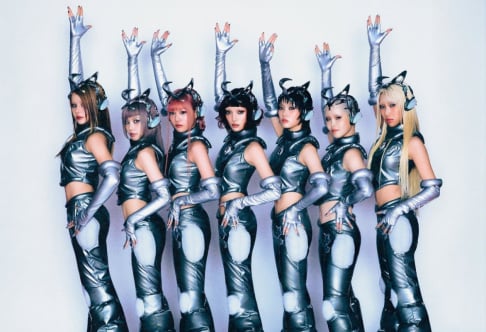
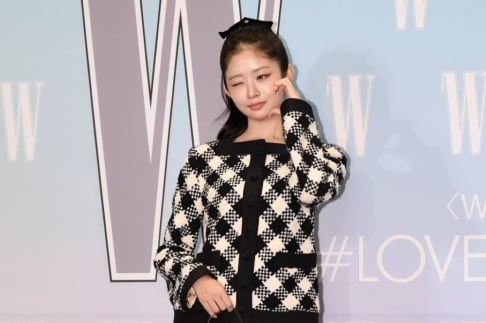
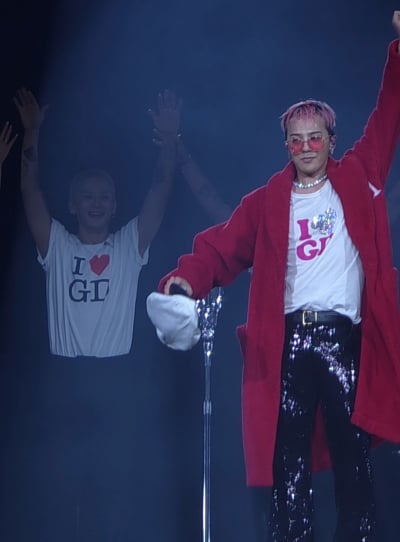
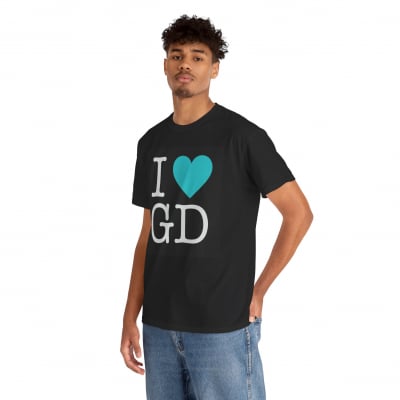

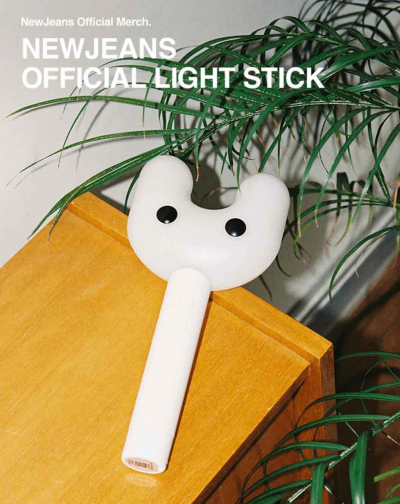


"I truly believe in the 10,000-hour rule, and I feel like I’m finally at that point in my career."
Yeah, well it's easy to fall for pop science. They present an oversimplified picture of issues, and few people bother to check the facts behind pop science work. The 10,000-hour rule is not a real thing, even though a very popular book talked about it. Yet many people believe it's real because they read it in a book.